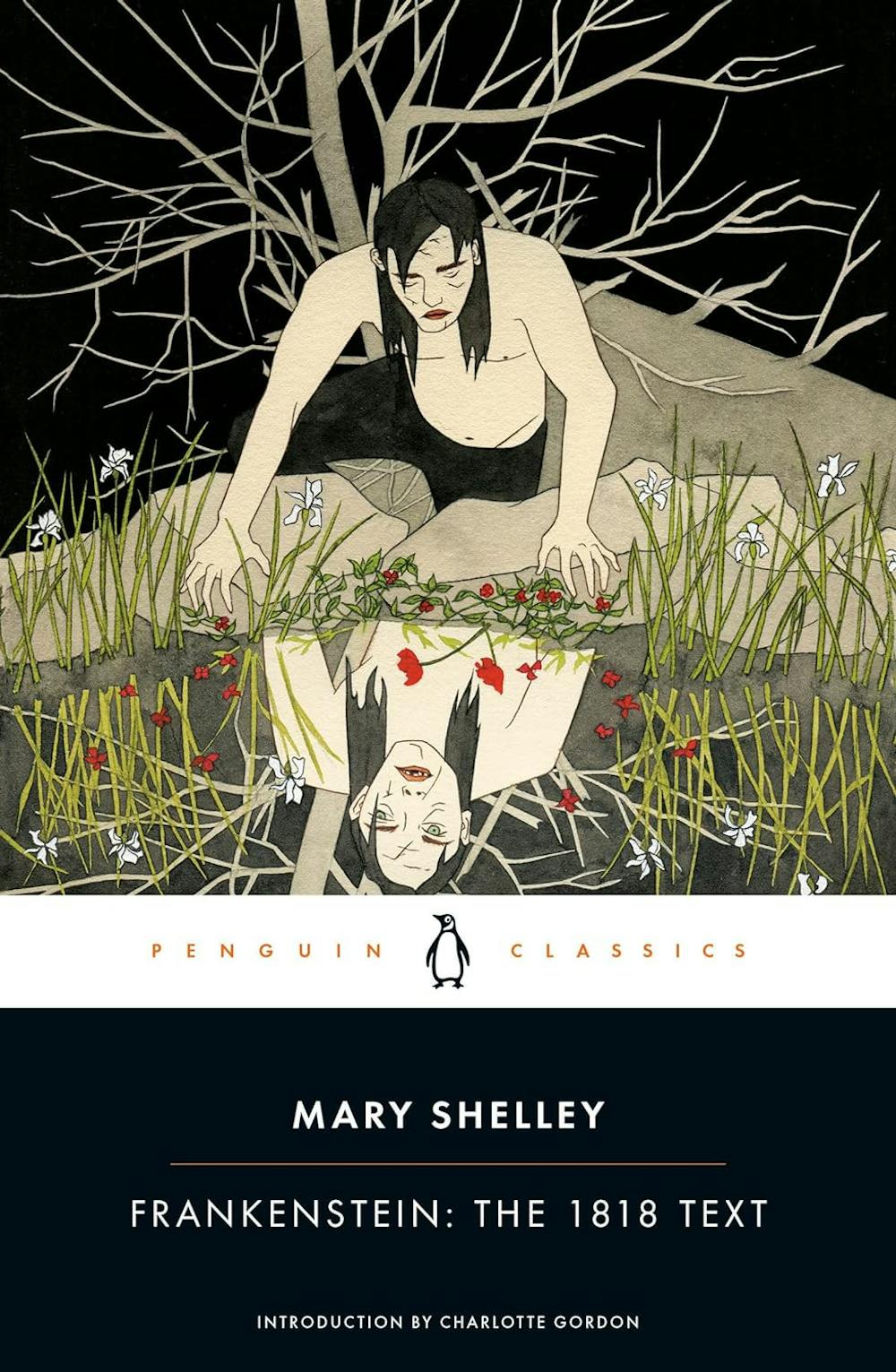Have you ever thought about robbing graves and sewing body parts together until you have the perfect human form? Maybe not, but why would you when Victor Frankenstein already set an example for why that’s a terrible idea?
Mary Shelley’s infamous mad scientist and his creature are a beloved aspect of pop culture around the world. The novel’s lasting impact and popularity even led to the creation of National Frankenstein Day, an annual celebration of Shelley and her novel that takes place on Aug. 30, which is also Shelley’s birthday.
It would be hard to exaggerate the influence “Frankenstein; or, The Modern Prometheus” has had, according to Gary Harrison, a University of New Mexico English professor emeritus and the co-author of the article “Victor Frankenstein’s Institutional Review Board Proposal, 1790.”
“The Frankenstein figures — both the scientist and the creature or monster — permeate popular culture, especially from the 1930s forward. Sometimes thought to be the first science-fiction novel, though certainly not the first horror story, ‘Frankenstein’ contributed to the origin of the modern horror and sci-fi genres in film and fiction,” Harrison said.
Part of the reason “Frankenstein” captures the world’s attention is its focus on the ethics of creating and the responsibility that places on the new being and others, according to Bill Gannon, a UNM biology research professor and another co-author of “Victor Frankenstein’s Institutional Review Board Proposal, 1790.”
When it comes down to science, “Frankenstein” is full of ethical and moral conundrums, Gannon said.
“An obvious ethical component is in the process of creating. Have you now replaced God? Is life so manipulative or is it fragile? Can these creations be sustained? Is there social justice in these creations? Do the components — or surviving relatives of the components — give consent to their being used? This smacks of the issues around the use of the cells of Henrietta Lacks in the 1950s,” Gannon said.
Lacks, a Black woman, was diagnosed with terminal cervical cancer in 1951. The doctors who treated her at Johns Hopkins University took cells from her cervix without her consent. The cells were cultured and have been used for scientific research, but Lacks’ family did not know of their existence until 20 years after her death, according to NPR.
“Frankenstein” often comes up in discussions on scientific ethics, Harrison said, but it also raises questions about racism, family and interpersonal relationships, alienation and prejudice.
Leslie Donovan, a UNM Honors professor and interim dean, teaches about “Frankenstein” in a course called “Legacy of Monsters and Marvels.” The novel also reflects issues around people and society’s reactions to physical differences, Donovan said.
“The creature's experiences, in many ways, echo contemporary experiences of individuals with disabilities who are frequently othered or face discrimination based on their appearance or physical abilities … As a person with a highly visible physical disability, I saw some of my own experiences growing up mirrored in the challenges Shelley's creature experiences,” Donovan said.
Shelley began writing “Frankenstein” in 1816 after Lord Byron challenged Shelley and her husband to write a ghost story, according to Time.
Get content from The Daily Lobo delivered to your inbox
Originally published anonymously, the novel quickly became a sensation. Some readers were entranced by the actions of the novel’s titular character; others were horrified. At the center of it all sat the creature: abandoned by his “father” but quickly adopted and twisted into something new by audiences around the world, according to the New Yorker.
“The novel explores and questions how we identify something or someone as monstrous. As modern people living in a highly complex world, I consider it important that we analyze and interrogate our own perspectives — to think about them from alternative viewpoints. It might well be that one person's monster is someone else's marvel, after all,” Donovan said.
Arly Garcia is a freelance reporter for the Daily Lobo. She can be reached at culture@dailylobo.com or on X @dailylobo






